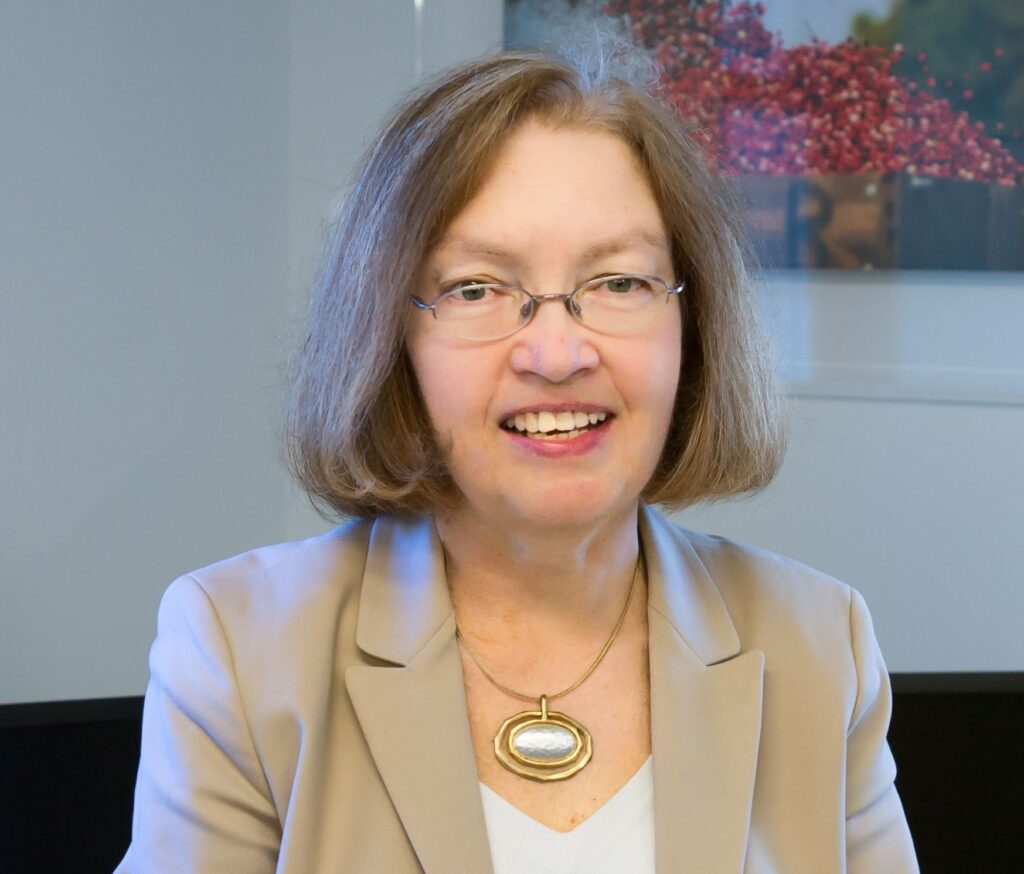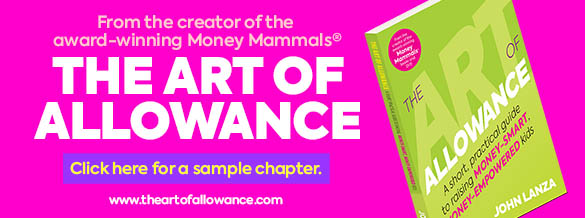
“People who are more conscientious […] tend to have healthier financial and health practices because they’re aware that what they do today has consequences for […] life down the line.”
— Barbara O’Neill
Just how strong is the relationship between a person’s physical and financial health?
Dr. Barbara O’Neill will gladly fill you in! Barbara is a Certified Financial Planner as well as the owner and CEO of Money Talk: Financial Planning Seminars and Publications, an outlet through which she writes, speaks and reviews content about personal finance. A Distinguished Professor Emeritus of Rutgers University, Barbara has written more than 160 articles for academic publications as well as received over 35 national awards and more than $1.2 million in grants to support her research and financial education programs. She is also a past president of the Association for Financial Counseling & Planning Education (AFCPE), a recipient of the AFCPE Distinguished Fellow Award and a Next Gen Personal Finance fellow.
Links (From the Show)
- Barbara’s publications
- Her new book, Flipping a Switch: Your Guide to Happiness and Financial Security in Later Life
- Her book with Karen Ensle, Small Steps to Health and Wealth
- Her book with Patricia Brennan, Money Talk: A Financial Guide for Women
- Her research paper, “Propensity to Plan: A Key to Health and Wealth?“
- Research articles about health and finance relationships
- Personal finance quizzes
- Barbara’s book recommendations
- Alexander, Who Used to Be Rich Last Sunday by Judith Viorst
- The Financial Diaries: How American Families Cope in a World of Uncertainty by Jonathan Morduch
- AgeProof: Living Longer Without Running Out of Money or Breaking a Hip by Jean Chatzky and Michael Roizen
- Additional resources
- Continuing the conversation with Barbara online
- The Art of Allowance Podcast shorts
Show Notes (Find what’s most interesting to you!)
- Barbara as a self-described “long-time academic turned entrepreneur” [1:02]
- Barbara and I discuss commuting, its effect on time and happiness as well as how the pandemic stay-at-home silver lining might be less time wasted on the road. [4:20]
- Barbara explains the Transtheoretical Model of Change — how people change — and how she adapted it from physical to financial health. [7:12]
- Barbara’s work with Karen Ensle on the connection between physical and financial health [11:38]
- Barbara crafts an interesting analogy comparing the “underlying conditions” that make COVID-19 dangerous physically to the virus’s financial impact. [12:47]
- Portion control and the importance of moderation, in terms of both health and finance [14:07]
- Barbara discusses a few of the 25 behavior change strategies (small steps one can take to better financial and physical health) that she and Karen Ensle identified. [18:04]
- Barbara mentions another COVID-19 silver lining — improved health behaviors. [21:24]
- One more COVID-19 silver lining — better financial behaviors [23:38]
- Using the “rule of three” for comparison shopping [25:39]
- The importance of saving more when your income increases or when your expenses decline [29:50]
- How parents can model the idea of living beneath one’s means to their kids [30:51]
- The importance of financial resilience [32:00]
- What works according to financial education research? [34:59]
- A big mistake that is often made in health and financial education [38:01]
- Barbara provides a comprehensive answer, informed by the Consumer Financial Protection Bureau, to what it means to be money-empowered. [40:20]
- The investment of education: the street cred that comes with being a Certified Financial Planner [42:12]
- Barbara’s evergreen message [43:53]
- Barbara’s book recommendations for kids, adults and financial professionals [45:09]
- Finding Barbara on the web [47:36]
- How to pre-order Barbara’s new book, Flipping a Switch: Your Guide to Happiness and Financial Security in Later Life [48:14]
- One last terrific piece of advice [48:49]
If you liked this episode …
Interested in developing the connection between physical and financial fitness for your family? Be sure to tune in to my conversation with Morgan “Moose” Wright, an American Ninja Warrior veteran and award-winning Physical Education teacher who transferred his enthusiasm for exercise to an interesting allowance program for his kids.
Please subscribe
If you like this podcast, then please give us a review and subscribe to the show. The Art of Allowance Podcast is available on iTunes, Spotify, Stitcher or Radio Public. Subscribing is free, and it will help me produce more enriching content for you to enjoy. Thanks!
You might also want to check out The Money Mammals, our program to get your children excited about money smarts when they’re young. Until next time, I wish you and your family well as you journey forth.
Thanks for listening.
John

